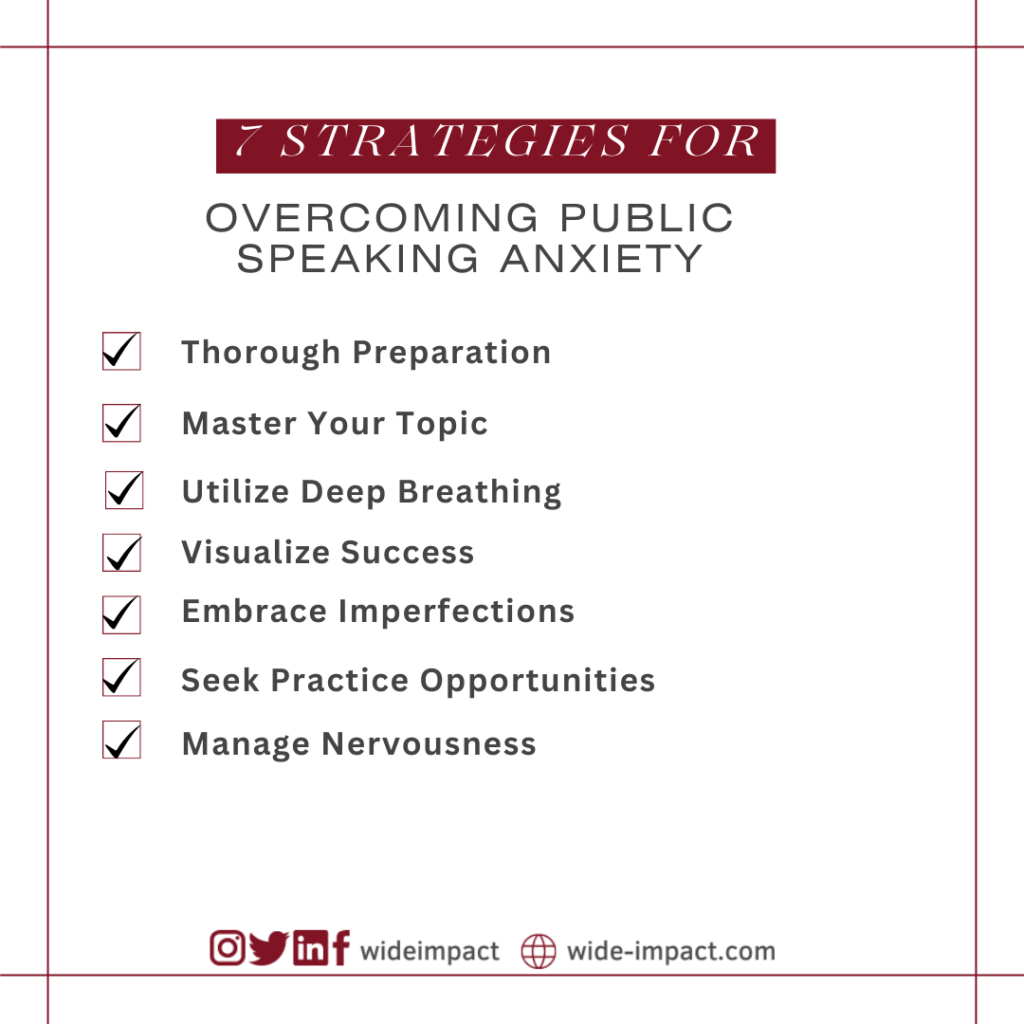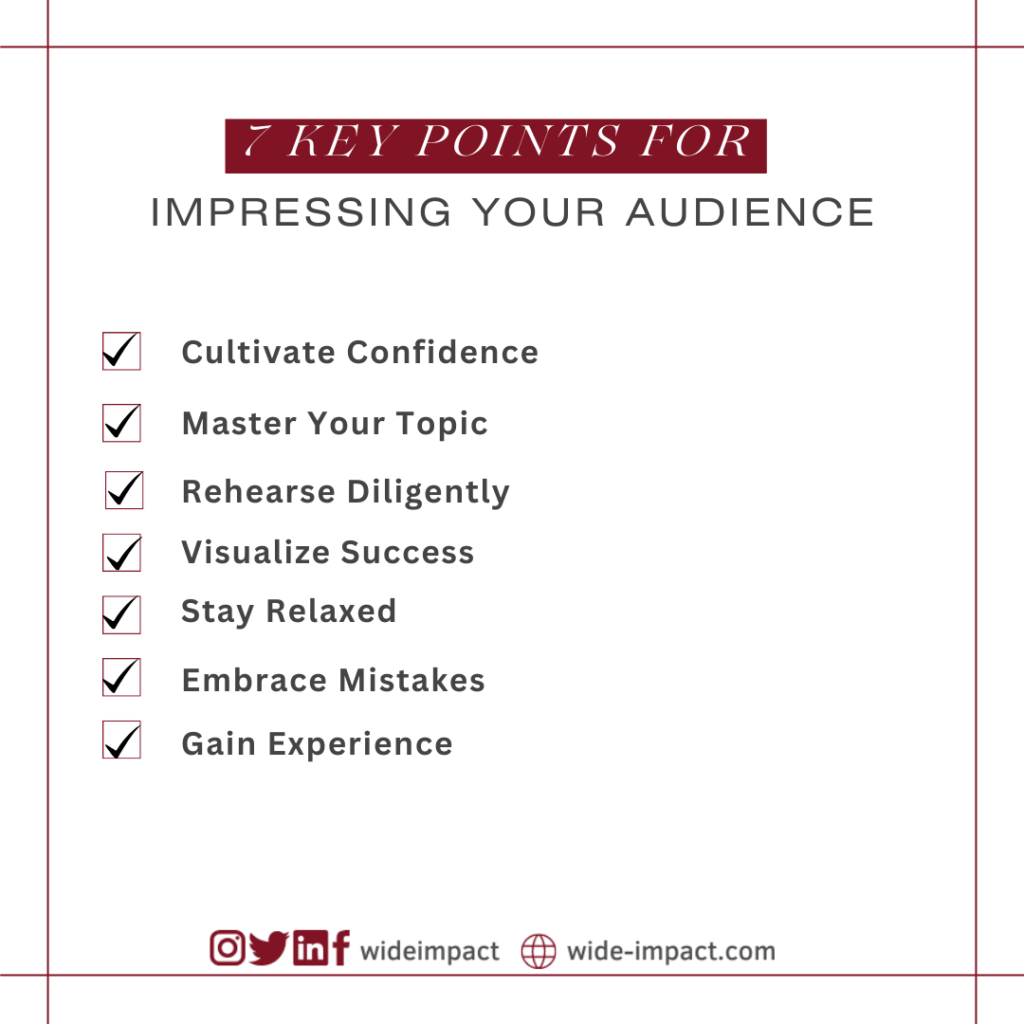Dr. Salam Slim Saad
Clear and effective communication in the corporate world is as vital as having the right skills for your job. No matter if you are just beginning your career or seeking to climb higher on the career ladder, the way you express yourself can significantly influence your professional trajectory. Your voice serves not merely as an instrument for speech; it symbolizes your self-assurance, trustworthiness, and proficiency. Recognizing the power of your voice is the first step towards fine-tuning it, akin to how a musician dedicates time to perfect their craft.
In a dynamic and competitive work environment, superior communication skills can distinguish you from your peers. It’s not only about the content of your communication but also the manner in which you convey it. Mastering this art is essential for unlocking a wealth of opportunities for career advancement, influence, and meaningful impact.
Whether giving a presentation, leading a team meeting, or engaging in conversation with colleagues, the manner in which you articulate your ideas can have a profound and lasting impression. Below are some expanded tips to help you refine your verbal communication skills, ensuring you leave a positive mark with every word.
1- The Importance of Preparation: Ready for Success
Just as a conductor rehearses with an orchestra before a performance, your preparation is key to impressing others when you speak. They rehearse with the musicians, perfecting every note to ensure harmony and precision. Similarly, your preparation is the cornerstone of success in communicating effectively.
Preparation goes beyond rehearsing what you will say. It involves understanding the purpose of your communication. What are your goals? What message do you wish to impart? These questions should be the bedrock of your preparation. The more thoroughly you prepare, the more you are able to handle unexpected questions or discussions that may arise.
Deep preparation also means anticipating your audience’s needs. It involves researching their background, interests, and potential questions they may have. This level of preparation not only equips you with the necessary information but also builds your confidence.
2- Crafting a Clear and Engaging Message
In today’s information-saturated world, clarity and conciseness are the keys to being heard and remembered. To communicate effectively, focus on delivering your message in a way that resonates with your audience and sticks with them long after the conversation has ended.
Structure your communication thoughtfully, laying out your key points in an organized fashion with a distinct introduction, body, and conclusion. Use stories and examples to illustrate your points, as this can make abstract concepts more concrete and relatable.

It’s important to speak in a language that everyone can understand. Avoid technical terms and industry jargon unless you are certain your audience is familiar with them. Instead, opt for clear, straightforward language. This not only ensures that your message is accessible but also that it is inclusive, allowing everyone in the audience to follow along and engage.
3- Body Language and Non-Verbal Cues: Unspoken Impact
Communication is not solely about the words you choose; your body language also plays a critical role. It can reinforce your message, display confidence, and foster trust with your audience.
Mindful use of body language includes maintaining appropriate eye contact, which shows you are engaged and sincere. Gestures can be used to emphasize points, and your posture can convey a sense of confidence. These non-verbal signals work in tandem with your words to enhance the overall communication experience.
Consider the impact of a speaker who not only delivers their message verbally but whose body language aligns with what they are saying. This congruence between speech and non-verbal cues makes for a more persuasive and compelling presentation.
4- The Art of Active Listening: More Than Just Hearing
Effective communication is a two-way street, comprising both speaking and listening. Active listening involves fully concentrating on the speaker, understanding their message, responding thoughtfully, and remembering the information later.
Active listening demonstrates respect and consideration for your conversation partners, fostering an environment of mutual understanding and cooperation. To practice active listening:
- Focus on the speaker, giving them your complete attention.
- Ask open-ended questions to explore their thoughts more deeply.
- Show empathy by acknowledging their feelings and viewpoints.
- Eliminate any distractions that could take your focus away from the conversation.
- Listen to understand, not simply to reply.
5- Develop Confidence Through Practice
Confidence is a cornerstone of effective communication. It’s not just about believing in your message but also in your ability to convey it convincingly.
Confidence can be developed with continuous practice. Engage in public speaking opportunities, participate in workshops, and seek out environments where you can refine your speaking skills. Recording yourself and seeking feedback can be incredibly beneficial. By reviewing your performance, you can identify areas for improvement and track your progress over time. The more you practice, the more natural and confident you will become in your communication.
6- Adapt to Your Audience
Adapting your communication style to suit your audience is critical. Different audiences have varying preferences and expectations. Understanding these and tailoring your message accordingly can enhance its effectiveness.
Before addressing any audience, take the time to research their interests and tailor your message to align with their concerns and priorities. This demonstrates your commitment to meeting their needs and leaves a positive impression.

7- Handling Questions and Challenges Gracefully
Questions and challenges are inevitable in any communicative scenario. The grace with which you handle these moments can significantly influence others’ perceptions of you.
Approach each question as an opportunity to deepen the understanding of your message and showcase your expertise. Remain calm and composed, listening carefully to each question before responding thoughtfully. If you encounter a question to which you do not know the answer, it is respectful and honest to admit so and offer to provide a detailed answer at a later time.
8- Continuous Learning and Feedback: A Journey of Growth
Continuous improvement is the hallmark of a great communicator. Seek feedback regularly, and view it as a valuable resource for development rather than as criticism. Constructive feedback provides insights into how you can enhance your communication skills and make a more significant impact.
After every presentation or important conversation, reflect on what went well and what could be improved. Ask colleagues and mentors for their perspectives, and be open to making adjustments based on their input. Embrace the journey of growth as a continuous learning process that enriches your abilities over time.
In the world of corporate communication, your voice is not just a tool; it’s your symphony, your instrument of influence. Like a skilled conductor, prepare accurately, craft your message with clarity, harmonize your body language, listen actively, and practice confidence. Adapt to your audience’s tune, and gracefully navigate the challenging crescendos of questions and feedback. Comprise continuous learning, for in the journey of growth, your voice becomes the masterpiece that leaves an indelible impression, unlocking doors to endless opportunities.
Let this guide inspire you to use your voice to its fullest potential in your career. Remember, every word you speak carries the potential to shape your future. So, go forth and impress the world with the symphony of your voice.



